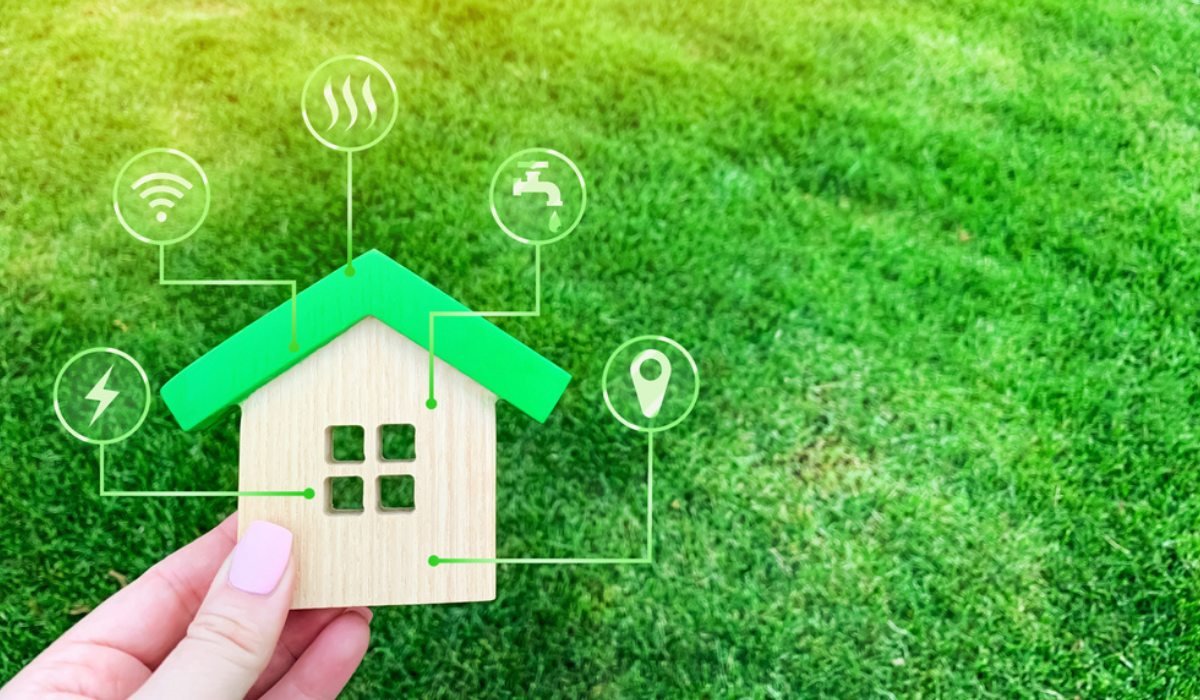Sustainable Real Estate: Investing in Eco-Friendly Properties
The real estate industry is witnessing a significant shift towards sustainability and eco-conscious practices. Investing in eco-friendly properties not only contributes to a healthier environment but also offers various financial and social benefits. Here’s a comprehensive exploration of sustainable real estate investments:
Understanding Sustainable Real Estate
Sustainable properties prioritize energy efficiency, environmental conservation, and reduced carbon footprint. These properties incorporate eco-friendly materials, renewable energy sources, and efficient design to minimize environmental impact.
Financial Benefits of Sustainability
Investing in sustainable real estate can yield financial rewards. Energy-efficient properties often have lower operating costs due to reduced energy consumption, potentially resulting in higher cash flows and increased property value over time.
Demand for Green Properties
The growing awareness of environmental issues has increased demand for eco-friendly homes. Buyers and tenants are inclined towards properties with green certifications (LEED, Energy Star) and sustainable features, driving up market demand.
Incorporating Green Features
Properties with solar panels, energy-efficient appliances, smart home technology, green roofs, and water-saving fixtures are attractive to environmentally-conscious buyers. These features enhance property value and appeal.
Government Incentives and Policies
Government initiatives, tax incentives, and rebates encourage sustainable real estate development. Investors may benefit from tax credits or incentives for implementing eco-friendly features in their properties.
Long-Term Sustainability and Resilience
Sustainable properties are designed for long-term resilience. Features like efficient insulation, renewable energy sources, and water conservation systems contribute to lower maintenance costs and increased durability.
Social Responsibility and Market Perception
Investing in sustainable real estate aligns with social responsibility, contributing positively to communities and the environment. Additionally, it enhances a brand’s image and meets the expectations of socially conscious buyers and tenants.
Sustainable Renovation and Retrofitting
Renovating existing properties to incorporate green features is another avenue for sustainable investment. Retrofitting properties with energy-efficient upgrades can increase their market value and attractiveness.
Due Diligence in Sustainable Investments
Conduct thorough due diligence when investing in sustainable properties. Assess the property’s green certifications, energy performance, and potential return on investment from eco-friendly upgrades.
Collaboration and Innovation
Collaboration between stakeholders, including developers, investors, and policymakers, fosters innovation in sustainable real estate. Embracing new technologies and practices advances the industry’s sustainability goals.
Conclusion
Investing in sustainable real estate offers a blend of environmental responsibility and financial gains. As the demand for eco-friendly properties continues to rise, incorporating sustainable features not only benefits investors financially but also contributes positively to the planet, fostering a more sustainable future for generations to come.










